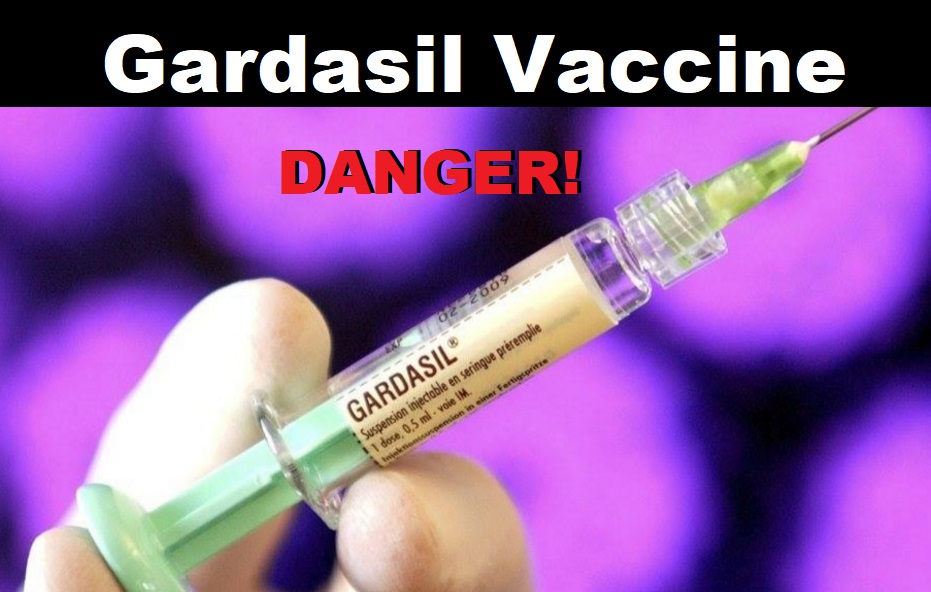

Still, the good news, according to WHO data, is that as of September 15, more than 5.5 billion doses have been administered worldwide, although given that most of the available vaccines require two shots, the number of people who are protected is much lower.

The decision by some nations to give already inoculated citizens a booster vaccine, rather than prioritizing doses for unvaccinated people in poorer countries has been highlighted as one example of this trend. However, most vaccines are being reserved for wealthy countries, while other vaccine-producing countries are restricting the export of doses so they can ensure that their own citizens get vaccinated first, an approach which has been dubbed “vaccine nationalism”. Research suggests that enough vaccines will be produced in 2021 to cover 70 per cent of the global population of 7.8 billion. Not according to Dr Tedros, who said in April this year that “vaccine equity is the challenge of our time…and we are failing”. Is it working?Ĭonfirmed cases of COVID-19 (15 September, 2021) According to the UNDP, eight out of ten people pushed into poverty directly by the pandemic are projected to live in the world’s poorest countries in 2030.Įstimates also suggest that the economic impacts of COVID-19 may last until 2024 in low-income countries, while high-income countries could reach pre-COVID-19 per capita GDP growth rates by the end of this year. Moreover, an unequal distribution of vaccines will deepen inequality and exaggerate the gap between rich and poor and will reverse decades of hard-won progress on human development.Īccording to the UN, vaccine inequity will have a lasting impact on socio-economic recovery in low and lower-middle income countries and set back progress on the Sustainable Development Goals ( SDGs). Inequitable vaccine distribution is not only leaving millions or billions of people vulnerable to the deadly virus, it is also allowing even more deadly variants to emerge and spread across the globe. The mother of a family from an indigenous group in Brazil receives a COVID-19 inoculation.Īpart from the ethical argument that no country or citizen is more deserving of another, no matter how rich or poor, an infectious disease like COVID-19 will remain a threat globally, as long as it exists anywhere in the world.


 0 kommentar(er)
0 kommentar(er)
